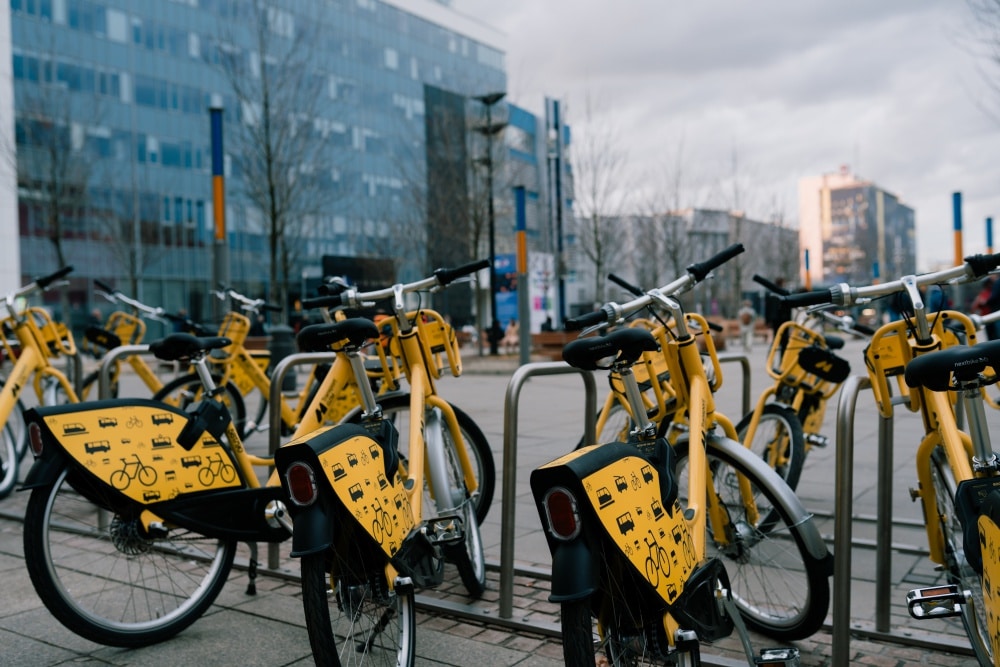The largest bike-sharing system in Poland, and the third largest in Europe, has been available since February 25. The system is integrated with public transportation and services eight cities within the Upper Silesian Metropolis. According to Tomasz Wojtkiewicz from Nextbike Poland, this integration sets Metrorower apart from other bike-sharing services in the country. The popularity of shared bicycles has been growing, and these systems could solve various problems related to transport in Polish cities.
Public interest in bike-sharing systems remains high, noted Wojtkiewicz based on the company’s statistics. The last cycling season ended with a 36% increase in rentals per bike. Almost 13,000 Nextbike bicycles allowed over 8 million rentals across Poland last year. In Warsaw, there was an average of 5.62 rentals per bike daily, a 131% increase compared to 2020-2022 figures. With new contracts, the numbers of available bicycles could soon grow to almost 20,000.
Research and Markets estimated that the number of bikes in sharing systems could globally increase from 23 million in 2022 to 35 million in 2027. A study for the Polish Ecological Club pointed out that bicycles are often a convenient alternative to bus travel on shorter journeys, especially when the weather is favorable. The convenience and independence offered by bikes are appreciated by users.
Multi-modal transport, which combines different forms of urban mobility, will be the most flexible and economically effective method of urban transportation in the coming years. In the entire Europe, the importance of MaaS services represented by multi-modal transport apps is growing. These apps allow users to book and pay for taxis, rent cars, purchase train tickets, or rent bikes, all in one place.
In Poland, this vision of urban transport is implemented by the GZM Transport, which – apart from traditional means of transportation – also includes Metrorower. The Metrorower system replaced all previously-known city bike systems and currently includes 1860 bicycles and 267 stations.
In cities across Poland, the number of bikes has increased significantly, as evident from the fleet sizes of almost 3,500 bikes in Warsaw and over 2,400 in Wroclaw. This indicates a substantial potential for the eco-friendly outreach of advertisements to millions of Polish consumers.
